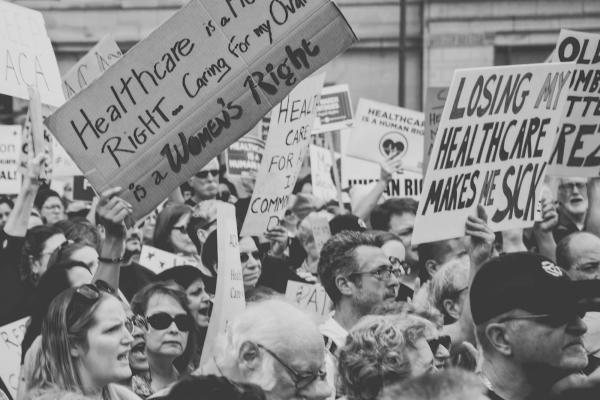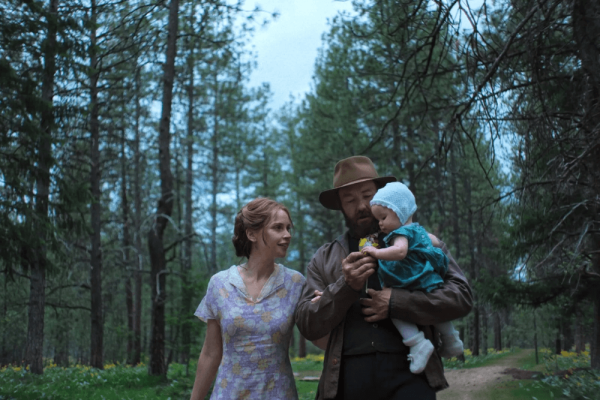THE LAST TWO years have been extraordinarily difficult for many Christians in the United States who care about social justice and treating the most vulnerable as we would treat Christ himself, given the cruelty of the Trump administration toward the ones that Jesus calls the least of these.
Yet a significant change in our collective imagination is showing signs of emerging out of the 2018 midterm elections and the new public policy debates around health care and climate change, at least in the House of Representatives under new leadership. If realized, this shift could be profoundly important and hopeful for the future of our nation and our planet.
For decades now, we have lacked both the seriousness of purpose and the commitment that we will need to change the status quo on both of these issues, and changing that should be a moral imperative for Christians.
The next few months have the potential to significantly shift the terms of political debate in the United States and even reshape the public’s perception of what our country can achieve on access to affordable health care and efforts to avoid the most catastrophic levels of climate change.
ON HEALTH CARE, there is simply no moral justification for the uniquely high cost of care in our country, as compared with every other developed nation, especially given that key health-care outcomes in the United States—such as life expectancy, child mortality, and maternal mortality—are worse than countries that pay a fraction of what Americans pay.
There are many ways to organize health care in a country. Some have a greater role for private insurance and some a lesser role; some rely more on government programs and subsidies than do others.
A smart, vibrant debate around how to get us from our current status quo to a place where genuinely affordable and effective health care is truly accessible to all Americans is an important one to have. The moral point is this: Health should not be dependent on wealth, and health care should be a right—for all—and not just a commodity only available to those who can afford it. Our health-care system must reflect that moral principle.
What we can’t do is pretend that the current U.S. health system is anywhere close to offering what a morally responsible health system should provide to everyone in society, a system that reflects our Christian concern for treating the sick as we would treat Jesus himself.
How do we get there? It starts with the ability to envision a different future—a bold vision of what is possible in this, the wealthiest nation in the history of the world. That vision is critical for inspiring the collective imagination and creating the political will for change.
ON CLIMATE CHANGE, the reality continues to be as bad or worse than the direst predictions of the scientific community over the last several decades. The official U.S. response, as the second greatest producer of global carbon emissions, continues to be thoroughly inadequate to deal with the magnitude of the threat to God’s creation and the myriad manifestations of life, which we as God’s children have been asked to steward.
This is another issue where the “least of these” from Matthew 25 already bear a disproportionate share of the impact of earth’s changing climate—worsening climactic conditions are resulting in more people who are hungry, thirsty, “strangers” (migrants and refugees), naked, sick, and even in prison, and exacerbating problems for people already in those circumstances. Given that, our current lack of action is clearly not of God.
Again, there is healthy debate to be had this year, inside and outside of our political discourse, about the smartest and best ways to effect the changes in the United States and globally that will prevent the most catastrophic levels of climate change from coming to pass. The moral point is that we are called to defend God’s creation—especially to stand with those who are most affected by our lack of care for the earth. Public debates should be centered on the question of how to best accomplish that task.
What we can’t afford is an approach to the issue that minimizes its importance, the unacceptability of the current status quo, or our capacity to make the bold changes that the problem requires.
While politics has famously been described by some as “the art of the possible,” we need to push candidates and politicians to speak with prophetic imagination about what is possible, even as we also need to push them to back up their vision with details, solutions, and a commitment to follow through.
As Christians committed to social justice, we are not called to merely put our fingers up in the air to detect which way the wind is blowing, as so many politicians and candidates for office do. We are instead called to change the wind.

Got something to say about what you're reading? We value your feedback!






